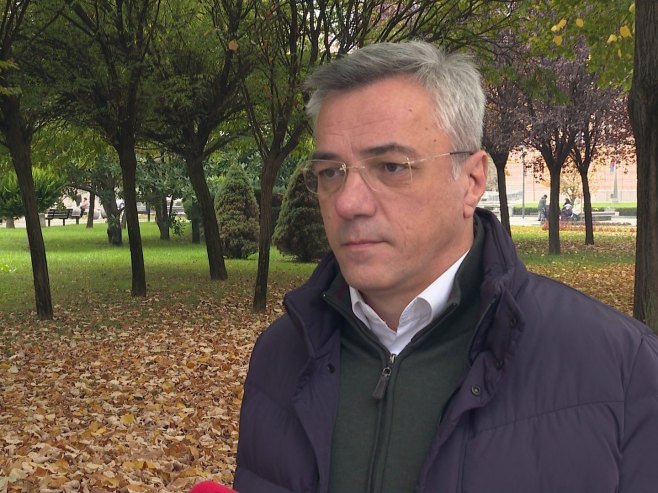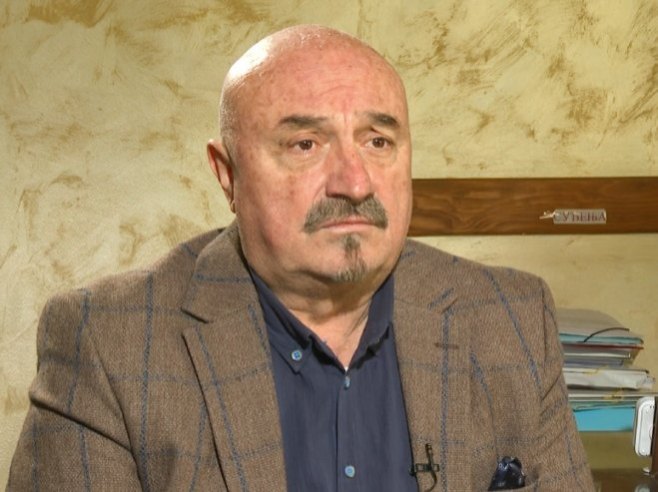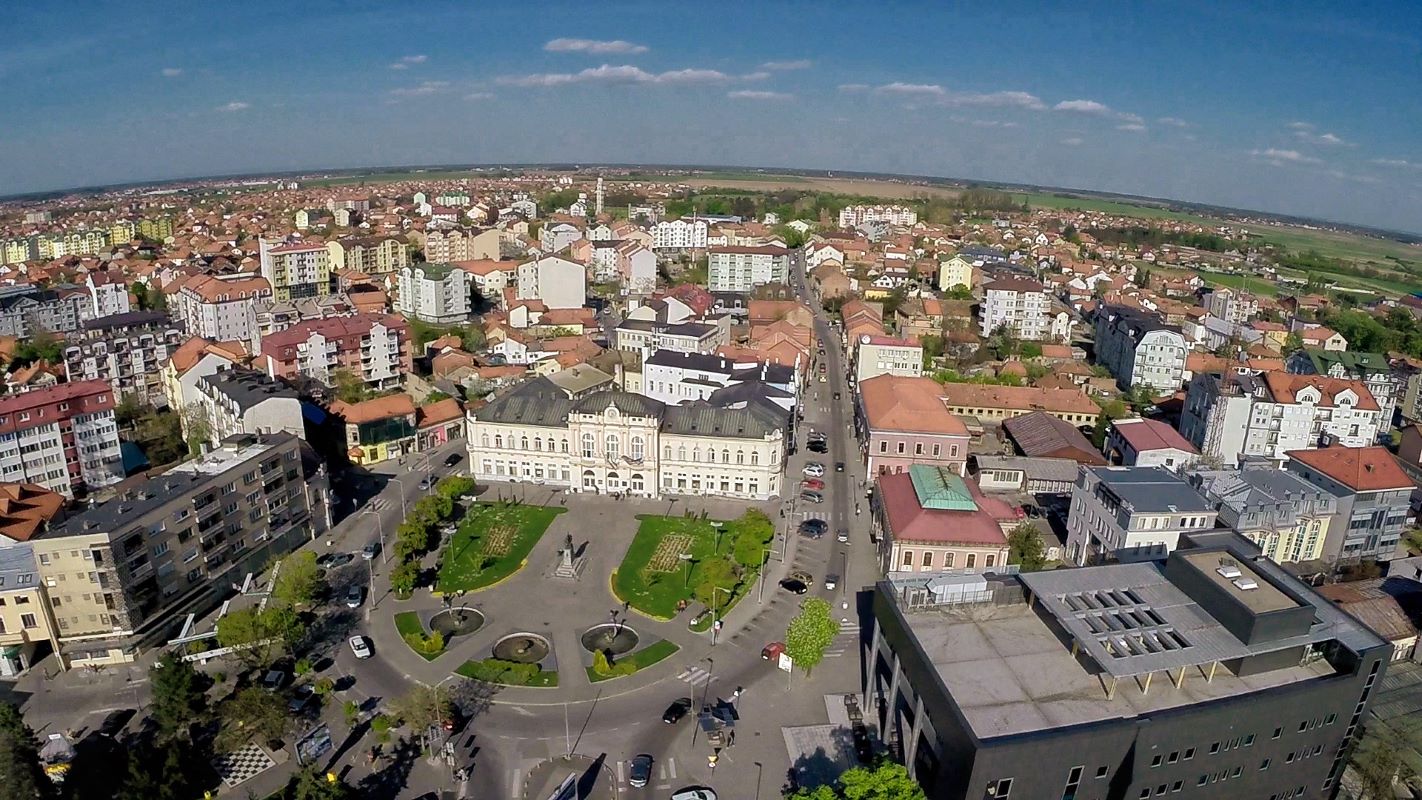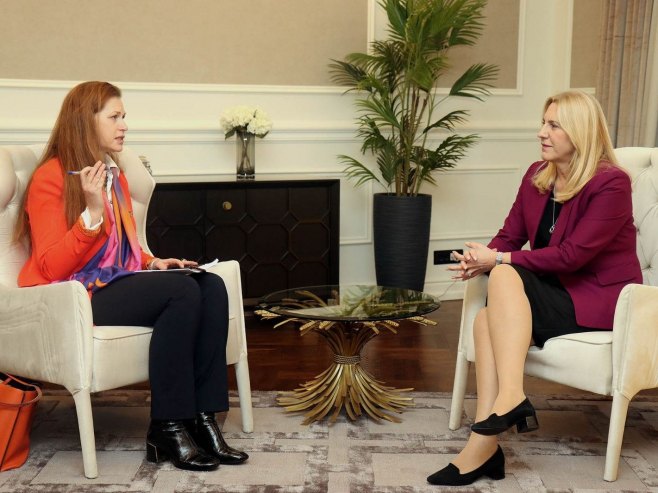Israel will refuse to confirm the international arrest warrant for the President of Republika Srpska, Milorad Dodik—an act that can be interpreted as a clear geopolitical message.
As reported by the portal Poskok.info, when Tel Aviv says “no,” that “no” doesn’t just mean Milorad Dodik won’t be arrested.
That “no” will mean that the world is beginning to divide into those who pretend Bosnia and Herzegovina exists, and those who know how things really stand.
When Israel refuses to act on a warrant issued by the Court of Bosnia and Herzegovina, via Schmidt’s political laboratory, it won’t be a procedural decision. It will be a slap in the face.
Not a slap to Sarajevo. Not to the Court. But to an idea. The idea that people in Bosnia and Herzegovina are obliged to obey without thinking, to endure without questioning, and to walk backwards with a smile.
A slap to the idea that a people can be treated as an experiment, and a country as a blackboard on which a foreigner draws chalk lines with Bonn powers.
It will mean that someone serious in this world—serious, because we’re talking about Israel—believes that Bosnia and Herzegovina has lost touch with fundamental principles of law.
And that a court that punishes without law, and a criminal code that—only in BiH—is enacted without a parliament, can have no authority not even with a synagogue guard, let alone with Mossad.
This move opens the space, for the first time since Dayton, to finally ask the question everyone keeps sweeping under the rug: Who is Schmidt, what is he doing, where do his powers come from, and how is he not ashamed? And then, what competencies did Republika Srpska have that have since vanished, quietly and unofficially, through OHR’s “technical expansions” and silent centralization, contrary to the peace agreement and international law?
When did they disappear? How? And why is no one talking about it?
And then, when it ceases to be a regional and becomes an international issue—when not only Banja Luka and Sarajevo enter the debate, but also Tel Aviv, Moscow, Beijing, and a few other places where Schmidt is not considered a messiah—only then will it become clear who is lying and who is warning.
Then Schmidt will be alone. And his editors in the Official Gazette will no longer be able to copy and paste decrees as if they were divine scripture.
Because if Israel says they are political pamphlets, not legal norms, then it will become clear to everyone: Schmidt is not protecting Dayton. He is protecting a project to dismantle Dayton. Undermining a peace framework. Imposing a project of control over parts of the native peoples.
In the end, once Israel refuses to arrest him, Dodik will not only remain free. He will become a symbol.
A symbol of the conflict between law and decree, between nations and bureaucracy, between sovereignty and imposed rule.
Not because he’s a saint. But because he remains the only one still daring to ask: where is your limit?
And when that line finally breaks—Schmidt will no longer be able to pretend he doesn’t know where it is. Because Israel will draw it. Boldly. Clearly. Without love, without emotion—but with respect for the law.
And that will be the day Sarajevo must decide—whether to keep marching to Schmidt’s baton, or finally take the Constitution into its own hands.
Not because of Dodik. But because of itself.
Now, you may ask why we’re so certain Israel will reject this warrant and how we know that? In other circumstances, we might tell you. But in this country of limited freedom, we won’t. Just trust us. We don’t need to give them all the coordinates. (Just look at what they’re doing. They’re in a panic. They imposed by decree an amendment to the only law that must never be changed by decree. They’ve lost their minds.)
And that final sentence—about the amendment to the Criminal Code and the way Schmidt passed it to pursue a personal vendetta against a targeted individual—was enough for Tel Aviv to understand what’s going on.
According to international conventions—which override the BiH Constitution and Schmidt—any amendment to criminal law by decree and use of that law to persecute individuals is strictly prohibited. This is clearly a political persecution, and Tel Aviv is aware of it.
Source: Provjereno









